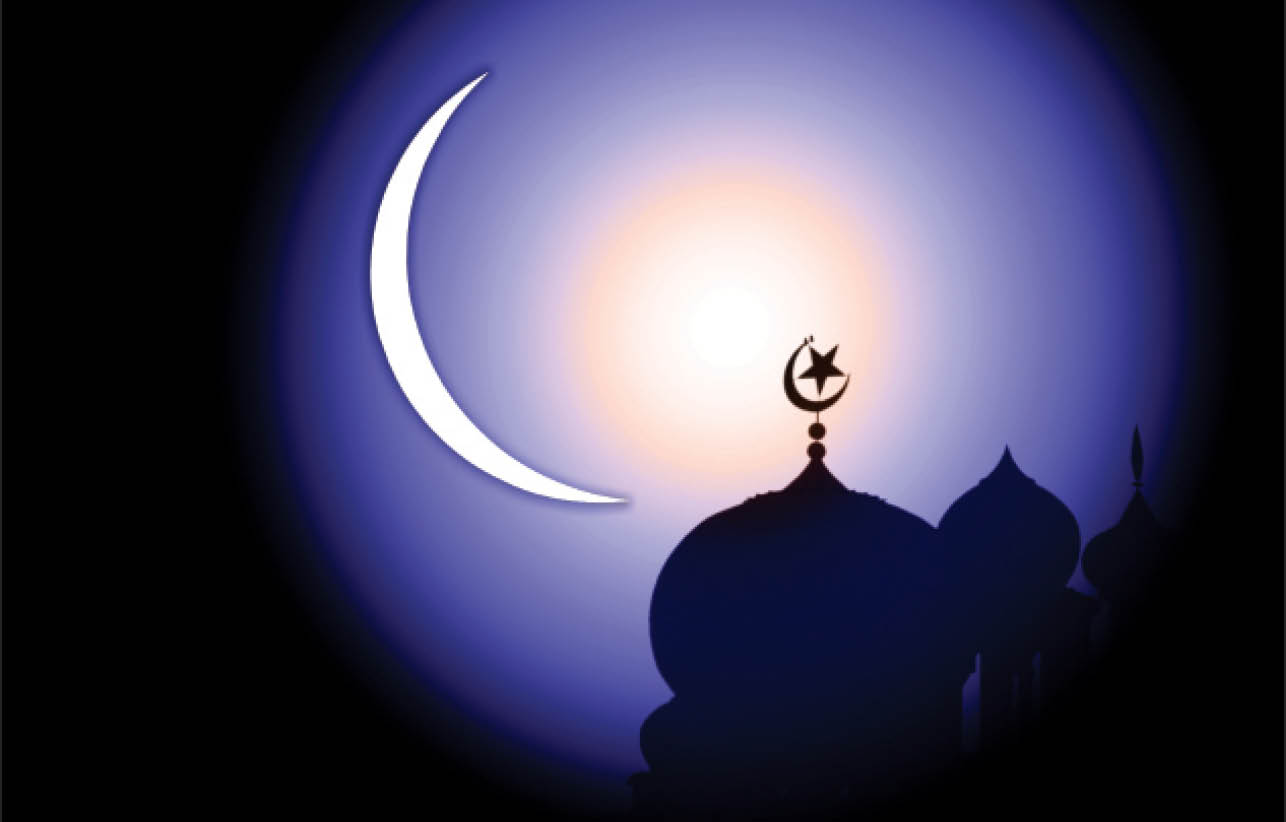The new Hijrah year, the 1445th after Hijrah (migration) of the Prophet Muhammad, Salla-llahu Alayhi Wa Salam (SAW), from Makkah to Madinah is only three or four days from today. Today being 27th day of the month of Dhul-Hijjah in the Islamic lunar calendar, the first month in the new Hijrah year, Muharram, is likely to begin on Tuesday July 18, 2023 if the current month of Dhul-Hijjah is 29 days and on Wednesday July 19, 2023 if Dhul-Hijjah completes its circle of 30 days.
A whole year is almost gone by as if it were just few months or even weeks. If there’s any lesson to heed in this, it is the reality that one of the signs of the Hour, which is a reduction in phenomenal time, is already here. Allahu Akbar! It’s a privilege to be alive to witness the beginning of another Islamic lunar year in spite of all our acts of disobedience against Allah’s injunctions. It’s also a privilege because many who saw this moment last year did not live to see today. We must, therefore, consider this privilege as a respite for us to repent from our sins and seek Allah’s guidance in all matters.
To say that Nigerians are suffering today is an understatement. While the all-time climate of inflation has since robbed Nigerians of the purchasing power over essential commodities and other basic necessities of life; poverty, unemployment, destitution, theft and perpetual rise in vices have continued to dominate news and stories about the socio-economic life of the majority of the country’s 200 million population. Indeed, life has been very difficult for many Nigerian families, at least, in the past half a dozen years. The miserable condition of many Nigerians was only recently worsened when government terminated the oil subsidy regime; a fraudulent ‘relief’ conspiracy that only sought to benefit the rich more than the poor masses profited from it.
Besides the country’s abysmal tales in the economic sector, the narratives in nearly all other spheres of life are no less distressing. Primary healthcare facilities are in shamble; schools have lost all the traits that define them as storehouses of quality knowledge and dexterous skills; road infrastructure has collapsed; the power sector is somewhere ‘between life and death’; family and societal values have so much eroded that the moral boundaries that demarcate between decency and decadence or between good and evil have disappeared. Worst is how killings through banditry, violent crimes and communal crises have made human life in Nigeria worthless.
- NAGGW engages Borno schools on planting of 1.8m trees
- Pet project: First Lady seeks govs’ wives’ support
Given our God-endowed resources, human and material, Nigerians do not deserve to be victims of the terrible economic predicaments they are experiencing. As a nation, we weren’t like this 50 years ago. Why and how did we have to lose the prosperity, identity, and honour that once collectively made us a thriving nation with happy and highly estimable people? Each time Nigerians have their hopes raised when political developments usher in a new set of leaders in the past 40 years, the optimisms get ruined along the line and situations consequently get worse.
Recall that when everything was almost grinding to a halt sometime in 1998, the country went spiritual and Allah who affirms in Qur’an 2: 186 that He “listens to the prayer of His servants when they call upon Him” swiftly intervened and brought succour to Nigerians in the problems that were at that time troubling the country’s peace and progress. Responding to calls by Nigerians for God’s intervention in our national crises, the then Head of State General Sani Abacha engaged and supported Muslim and Christian leaders to organize country-wide prayers; seeking divine intervention. Funds were accordingly deployed to mosques and churches nation-wide; and immediately, the common prayers of Nigerians were answered.
25 years is ripe enough to, once again, go spiritual and repeat such a collective attempt at addressing our critical national challenges especially now that a new leadership under President Bola Ahmed Tinubu has demononstrated genuine commitment to rescuing the country from its woes. The beginning of a new Hijrah year is a sacred and apt period to do that. If this call for national prayers is able to attract the attention of government, traditional and community leaders, and these authorities consequently get involved in the process, formally or informally; we appeal to those that may be entrusted with the task of organizing the prayers to be sincere and fear Allah in their management of the entire exercise including funds.
The commencement of a new Hijrah year is equally the beginning of a new fiscal year in Islam. According to figures recently released by the Society for the Propagation of Islam (in Nigeria), the minimum taxable amount of money (Nisab) upon which two and a half (2.5) percent is payable as Zakkat in the year 1445AH is put at N2, 279, 182.89 which is the current cost of 20 pieces of dinar (gold). The value of one quarter of a dinar (rub’u dinar) which is the minimum amount of money payable as minimum dowry (Sadaq) to contract a marriage as well as the least value of a stolen property that can attract Hadd (amputation of hand) is put at N28, 523.15. The sum of N113, 957, 810.00 (which is the value of 1,000 dinar) is the blood-money (diyyah) payable for manslaughter. The value of Nisab, Sadaq and Diyyah mentioned above in naira are all relative to the prevailing price of dinar as well as the exchange rate of local currency, the naira, at the time of paying the Zakat.
Zakat is one of the five fundamental principles of Islam and therefore obligatory on Muslims (male or female) whose wealth of crops, livestock or cash has reached Nisab. In Islamic Jurisprudence, Nisab is the minimum amount which wealth (in cash or crops or livestock) is required to attain before it attracts Zakkat. Being a cardinal principle of Islam and owing to its socio-economic benefits that seek to ensure even distribution of wealth among members of the society, we encourage those who qualify to give Zakat to do so with the fear of Allah.
The discussion on Tasu’ah and Ashurah fasting shall feature on this page next week, insha Allah. May Allah liberate Nigeria from its current set of trials, amin. Happy New Hijrah Year!

 Join Daily Trust WhatsApp Community For Quick Access To News and Happenings Around You.
Join Daily Trust WhatsApp Community For Quick Access To News and Happenings Around You.
